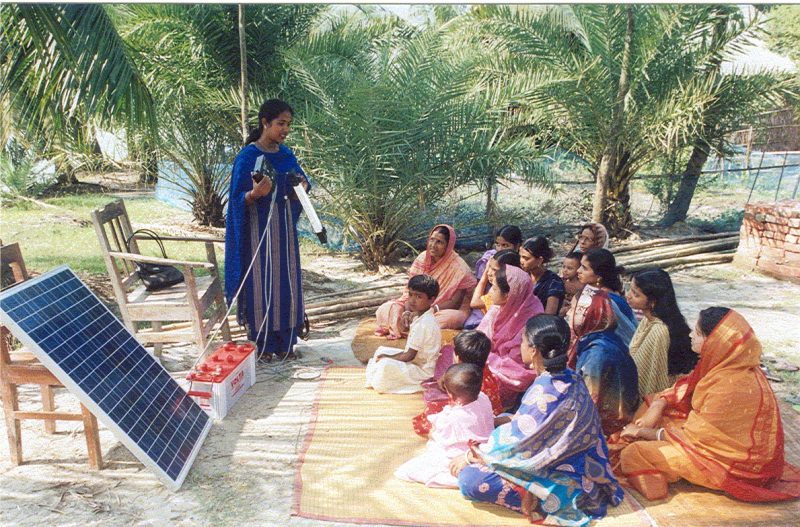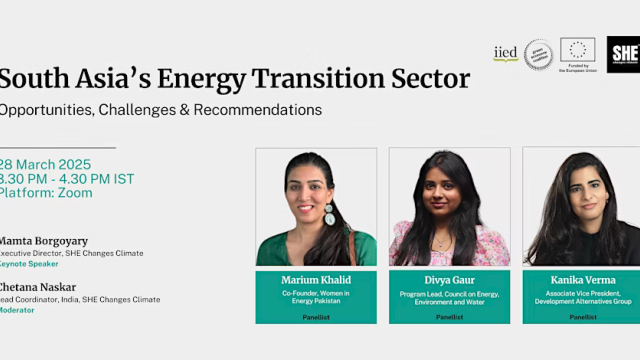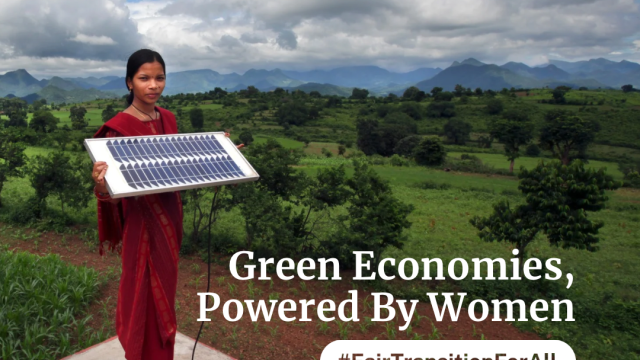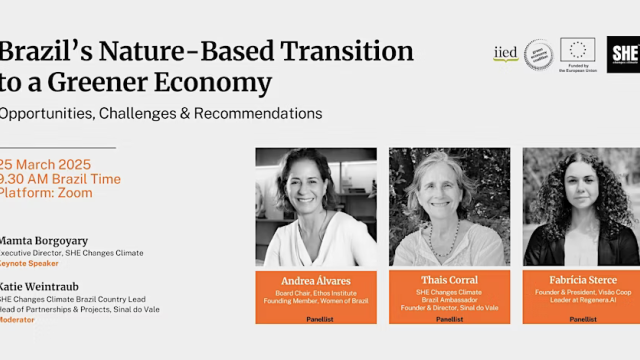Multi-stakeholder national dialogues in India

In India, the story you usually hear is one of rapid progress: impressive growth rates of 8.5 per cent; a doubling of energy demand over the past decade; and consistently healthy domestic investments at 35 per cent of GDP.
But participants of the Indian national dialogue organised by Development Alternatives, which brought together 400 representatives from a wide range of sectors over a 5 day period, told another tale — one of enduring poverty, environmental degradation and growing inequalities. Look beneath the statistics and you’ll find that agriculture — which employs more than half the country’s workforce — is in crisis. Many of the poorest people in India still lack even basic access to energy. And the infrastructure behind the rapid growth still relies on unsustainable products and materials.
To transition to a green economy the participants agreed that the focus must lie on changing the world's production system and consumption habit. In the words of Dr. Ashok Khosla: "The earth has a fever – two diseases – Affluenza and povertitis", a small percentage of the population suffers from overconsumption while over a billion people are denied basic needs.
This need to transition to a green economy is a unique opportunity to invest in sectors that are both, good for development and the environment. Finance was recognised as a key driver of green economies, with investment directed towards
- Renewable Energy
- Eco-Construction
- Sustainable Agriculture
- Waste Management
- Water Management
To spread the core message, the dialogue produced a declaration describing the unique opportunity to restructure our economic system to tackle poverty and ecological degradation.


